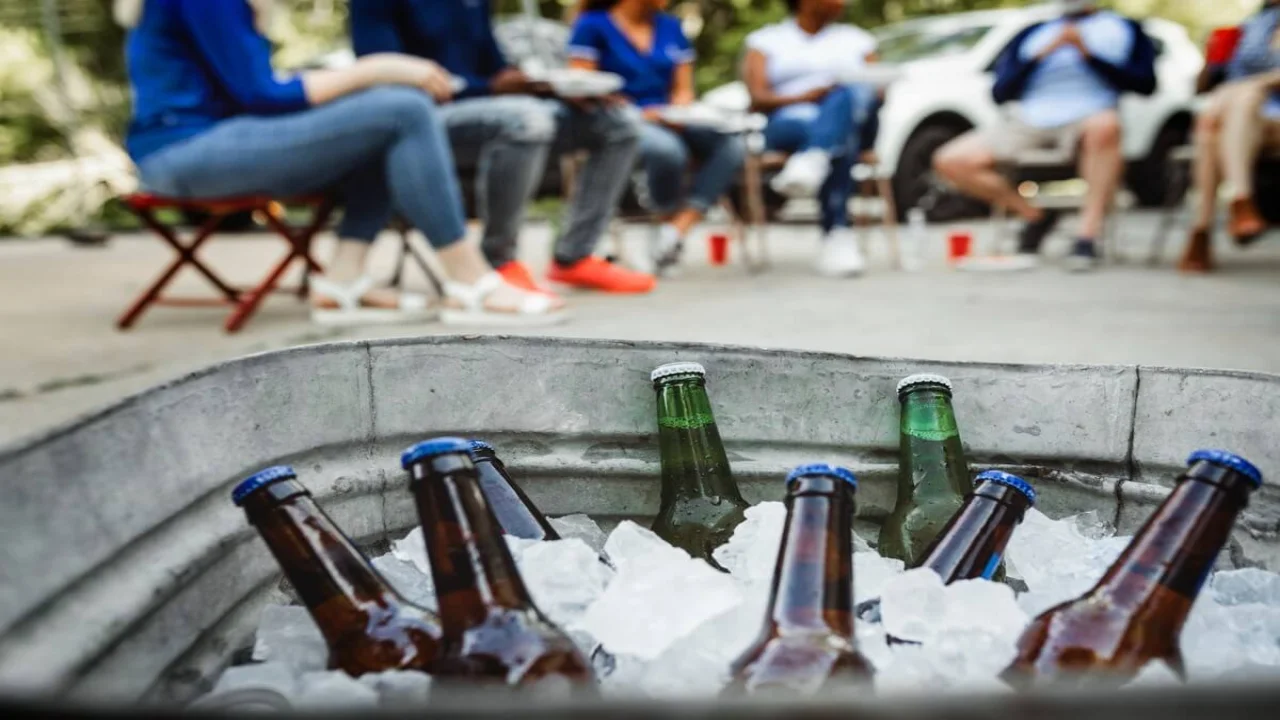Shocking Truth: Your Daily Drink Could Be Fueling Cancer Cells!
Discover the hidden cancer risk in your glass—why experts are sounding the alarm about alcohol’s deadly link to 7 cancers.

A startling revelation from the U.S. Surgeon General’s latest report warns that alcohol consumption is directly tied to cancer—a danger overlooked by most Americans. While tobacco’s cancer risks are widely recognized (89% awareness), fewer than half of U.S. adults know alcohol poses a similar threat, according to a 2019 survey.
The advisory highlights seven alcohol-linked cancers: breast, liver, colorectal, esophageal, throat, mouth, and voice box cancers. To combat low awareness, the report urges adding cancer warnings to alcohol labels and encourages healthcare providers to educate patients. The more someone drinks, the higher their risk, but even light consumption isn’t safe.
How Strong is the Evidence?
Since 1988, the World Health Organization has classified alcohol as a human carcinogen. Decades of observational studies—tracking drinking habits and health outcomes—confirm the link, even after accounting for smoking, age, and other factors. However, self-reported drinking data may underestimate actual consumption, says Dr. Elisa Bandera, a cancer epidemiologist at Rutgers.
Alarming statistics reveal alcohol caused roughly 54,000 female and 42,000 male U.S. cancer cases in 2019. Globally, 4% of new cancers in 2020 (741,000 cases) were alcohol-related, mostly from heavy drinking (two+ daily drinks). For example, heavy drinkers face five times the risk of esophageal cancer compared to non-drinkers. Even one daily drink raises breast cancer risk by 6%, escalating to 60% with heavy use.
Why Does Alcohol Cause Cancer?
When metabolized, alcohol converts into acetaldehyde, a DNA-damaging chemical linked to uncontrolled cell growth. It also generates reactive oxygen molecules, which fuel inflammation and genetic harm. For breast cancer, alcohol’s estrogen-boosting effects may play a role.
Unanswered Questions
Researchers like Dr. Jo Freudenheim stress the need to study how drinking patterns (e.g., binge vs. daily) impact risk. Current data focuses on average daily intake, but four drinks in one night might harm more than one daily.
What Should You Do?
“All alcohol increases cancer risk,” says Freudenheim. “People deserve to know so they can make informed choices.” Canada’s guidelines, which quantify risk per drink, offer a practical tool. Smokers face even greater danger: alcohol amplifies tobacco’s carcinogens, particularly in the mouth and throat.
This article has been fact checked for accuracy, with information verified against reputable sources. Learn more about us and our editorial process.
Last reviewed on .
Article history
- Latest version
Reference(s)
- U.S. Department of Health and Human Services. “Alcohol and Cancer Risk: The U.S. Surgeon General’s Advisory.”, 2025
- Islami, Farhad., et al. “Proportion and number of cancer cases and deaths attributable to potentially modifiable risk factors in the United States.” CA: A Cancer Journal for Clinicians, vol. 74, no. 5, 11 July 2024, pp. 405-432., doi: 10.3322/caac.21858.
- Canadian Centre on Substance Use and Addiction. “Canada’s Guidance on Alcohol and Health.”, 2023 Canadian Centre on Substance Use and Addiction <https://www.ccsa.ca/canadas-guidance-alcohol-and-health#canada-s-guidance-on-alcohol-and-health>.
- Rumgay, Harriet., et al. “Global burden of cancer in 2020 attributable to alcohol consumption: a population-based study.” The Lancet Oncology, vol. 22, no. 8, August 2021, pp. 1071-1080., doi: 10.1016/S1470-2045(21)00279-5.
- Bagnardi, V.., et al. “Alcohol consumption and site-specific cancer risk: a comprehensive dose–response meta-analysis.” British Journal of Cancer, vol. 112, no. 3, 25 November 2014, pp. 589-593., doi: 10.1038/bjc.2014.579.
Cite this page:
- Posted by Dayyal Dungrela